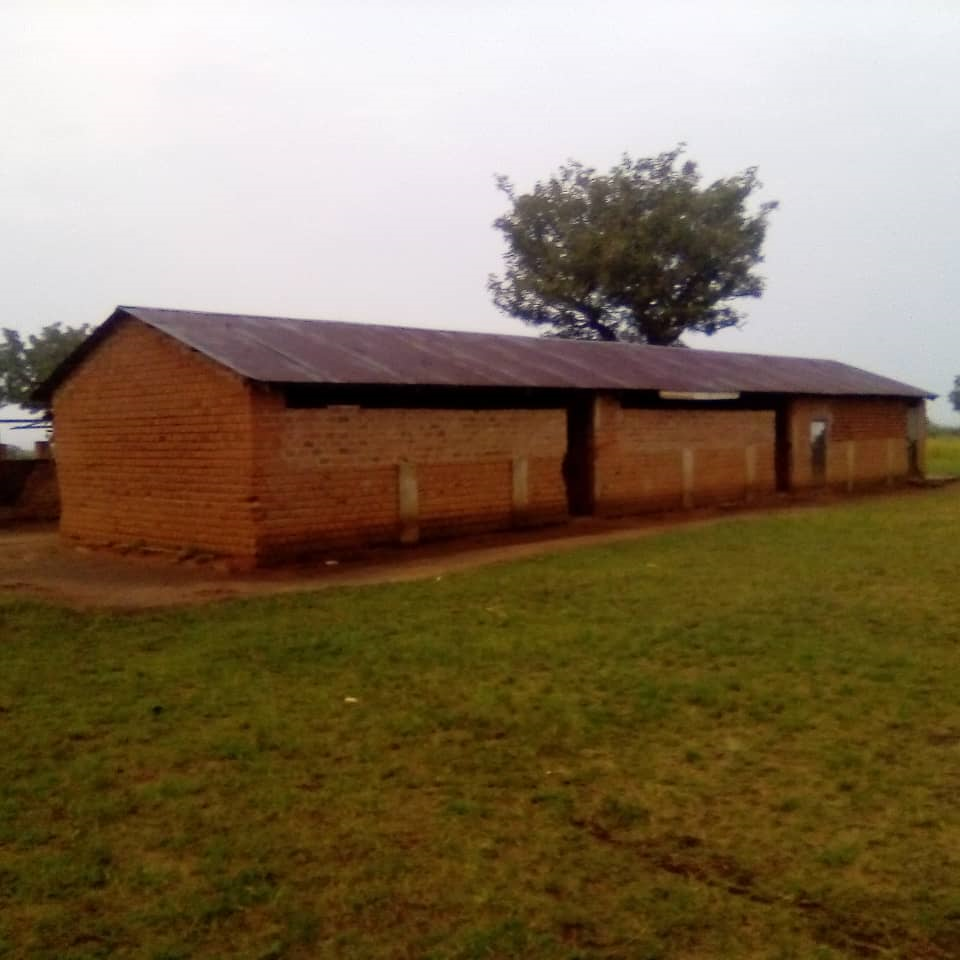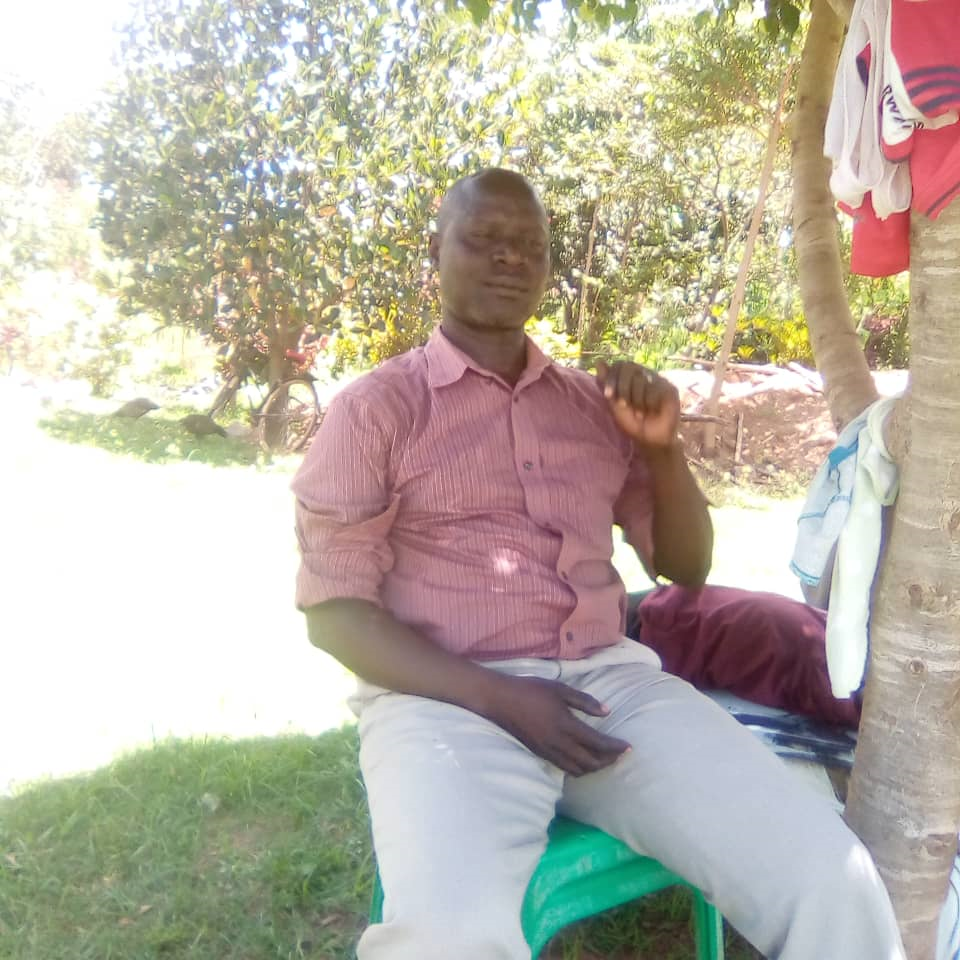In Kitgum Diocese in the far north of Uganda you can find a small rural trading centre near Pader Town. It provides a vitally important market for the many thousands of smallholder farmers who live in rural communities across the area. Pader District was badly affected by the long Lord’s Resistance Army insurgency which ravaged northern Uganda around the turn of the millennium but since then, the area has recovered quickly, in part due to trade up and down the highway to Lira, Kitgum and with South Sudan.
In 2014, without a single Ugandan Shilling of donor funding, the Diocese of Kitgum opened the Bishop Lee Rayfield Leadership College in the trading centre with a mission to train up new Readers (called catechists) to serve across the Diocese and beyond.
In rural Uganda, ordained clergy frequently oversee twenty-five churches or more spread over vast areas. Each congregation needs a trained leader and that’s where the Readers step in.
Readers read the prayer book (that’s why they’re called ‘Readers’) but they also teach, preach and provide pastoral care in their villages.
Based in some refurbished temporary classroom blocks, Bishop Lee Rayfield Leadership College offers a Certificate course in Theology and Development for Readers. It now trains men and women from across northern Uganda and South Sudan, keen to serve in this way in their own communities.
College Principal Rev Okidi Charles has a big vision for Bishop Lee Rayfield Leadership College. He describes the college as a flower that attracts insects. While the insects pollinate the flower, the flower provides nectar to make honey that is beneficial to their community. It’s a beautiful picture, perfectly illustrating the mutually beneficial relationship between the college, its students and the communities the students belong to.


Rev Charles has another metaphor for the work of the college. He says that one person having a monopoly of knowledge is like a tall eucalyptus tree standing in middle of a compound. It can only provide a little shade and is not very useful by itself. Training many people with knowledge and skills, however, is like a swam of caterpillars that can cover the entire community in any given moment. ‘I believe in teamwork and building human resources that will meet the quest of the Ministry of Christ’ he says, quoting an old saying in Acholi ‘Cing acel pe konyo’ which means ‘One hand alone cannot help but many hands put food on the table’.
Digital ministry is also creating new opportunities that Rev Charles is keen to embrace. He has a deep concern for the growing number who he recognises are called to Christian ministry but cannot study full time at a training institute because of work or home situations. ‘Training through digital ministry will rock the world’ he says. The solution is to ‘create digital space classrooms to enhance those God has touch to become tent makers. This is the desire of the college: training should be both physical and online.’
In order to achieve this vision, Rev Charles is aware of the need for investment in IT equipment, internet connectivity and web resources at the college. It is a big ask but he is not deterred. ‘Through digital tools we will be able to give the community and the Church in northern Uganda access to the message of God and developmental skills for holistic transformation’ he says. ‘This calls for collective efforts of all the stakeholders of Bishop Lee Rayfield Leadership College from within and without.’

